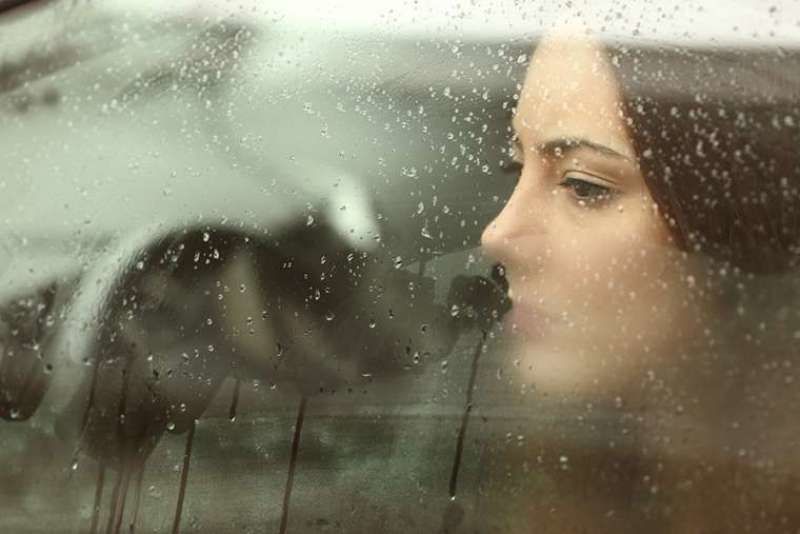Super Bowl LII, a matchup between the New England Patriots and the Philadelphia Eagles, will be played Feb. 4 at US Bank Stadium in Minneapolis. As the game approaches, victim advocates warn about a darker side to major sporting events: human trafficking.
At least one group is on a mission to help.
In Our Backyard is an Oregon-based nonprofit that works to provide “pathways to freedom” for the victims of human trafficking.
Before the Super Bowl, the group will distribute “Freedom Stickers,” and encourage Minnesotans to place them in public restrooms. The stickers, which are printed in English and Spanish, contain the number for the National Human Trafficking Hotline and encourage women who are in an unsafe situation to call or text the number for assistance.
Nita Belles, the executive director of In Our Backyard, told CNA that the idea for the stickers came from her long-time work with domestic violence survivors. She said she realized that one of the only times a woman is alone is when she’s in a bathroom stall. Belles began placing “shoe cards” in restroom stalls--small cards with a hotline number, which could be hidden in a shoe.
The Freedom Sticker is a similar concept, but since victims of human trafficking are often moved and stripped searched, the sticker cannot be removed from the restroom. Instead, Belles says a woman can store the number in her phone or text it privately from the restroom stall. After someone calls the hotline, they can be connected to law enforcement or other resources.
“Freedom Stickers raise awareness for community members who see them,” Belles added.
In Minneapolis, In Our Backyard will hold an event distributing the stickers, as well as educating people about how to spot human trafficking in their communities. In Our Backyard has held similar events for the past eight Super Bowls.
In addition to these events, Belles hopes to change cultural views of sexual exploitation, noting that demand drives human trafficking and sexual exploitation.
Belles believes that the statistics on human trafficking are no more than “educated guesses,” and that the number of trafficking victims in the United States is usually underestimated.
Belles has worked to combat human trafficking for more than a decade. “Human trafficking is what I call domestic violence on steroids,” she told CNA
“We must educate people to know that the myth of ‘the oldest profession’ is really ‘the oldest form of oppression,’” she added.
“We need a change of beliefs about everyone being equal, and that it is not okay to oppress people.”
Nationwide, more than 60,000 stickers have been distributed in 41 states. In 2015, Oregon passed a law requiring that the stickers be given to businesses when they renew their liquor licenses.

